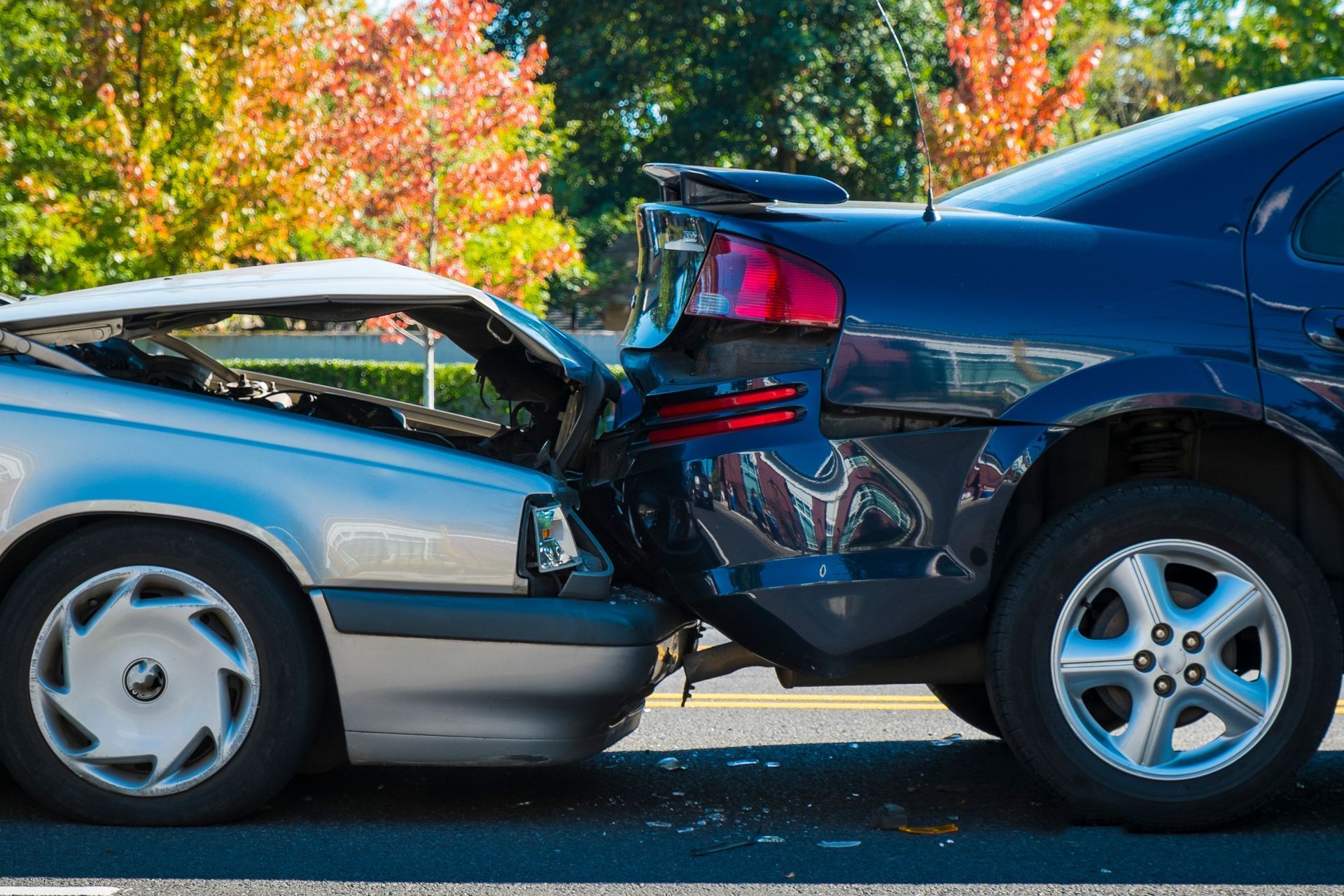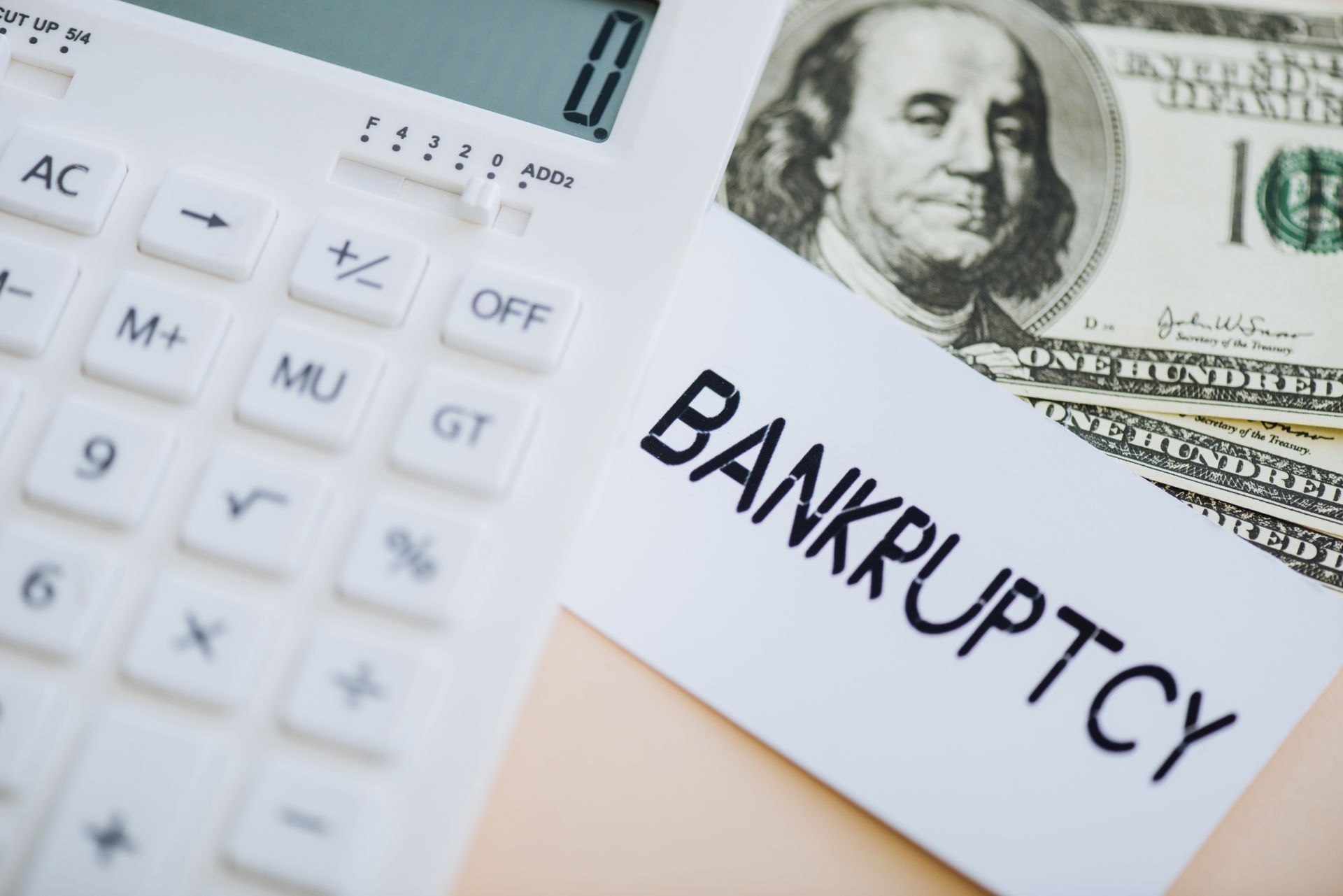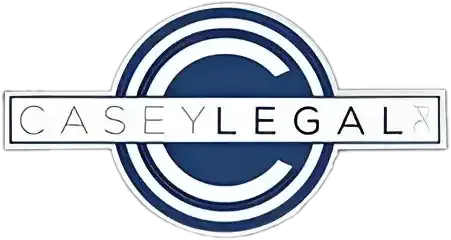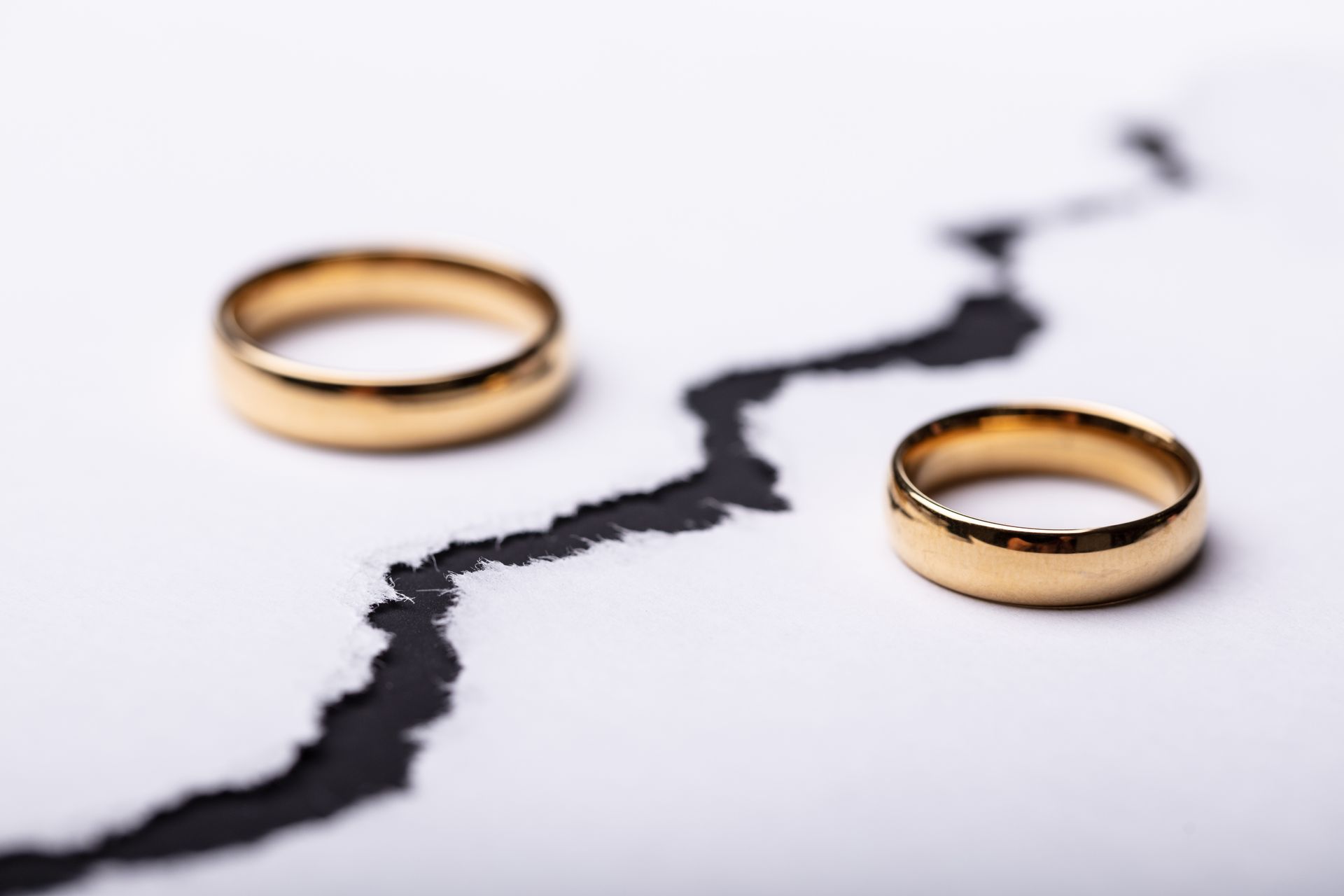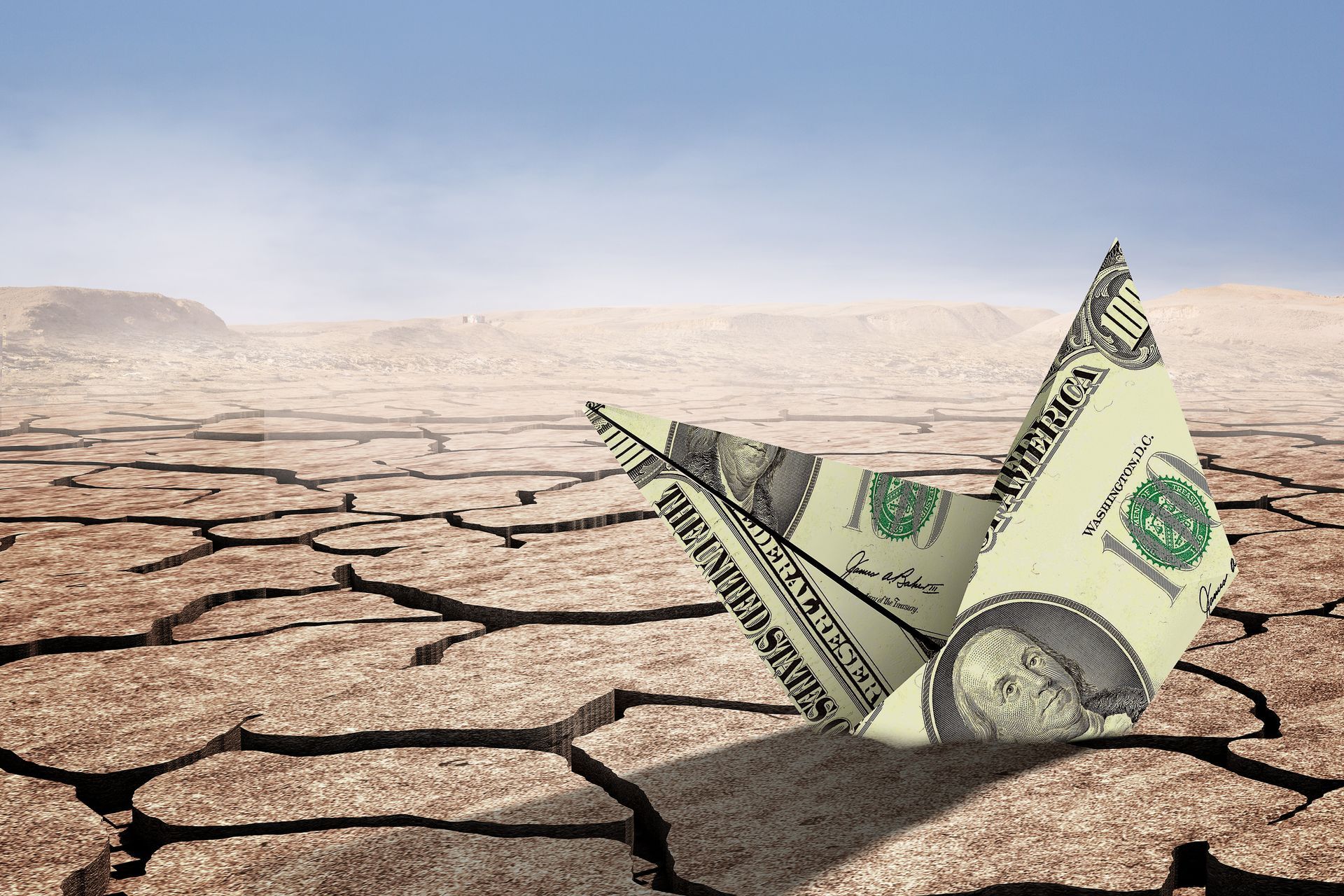What is the Difference Between Chapter 13 and Chapter 7 Bankruptcy in Virginia?
What is the Difference Between Chapter 13 and Chapter 7 Bankruptcy in Virginia?
When facing overwhelming debt, filing for bankruptcy can offer much-needed financial relief. However, it’s essential to understand the differences between Chapter 7 and Chapter 13 bankruptcy to determine which option is best for your situation. At Casey Legal, P.C., we assist the Virginia public with bankruptcy matters, helping clients make informed decisions and navigate the complexities of the bankruptcy process.
Chapter 7 Bankruptcy: Liquidation
Chapter 7 bankruptcy, often called
liquidation bankruptcy
, is designed for individuals who cannot repay their debts. It involves selling (or liquidating) non-exempt assets to pay off creditors, and any remaining unsecured debts are typically discharged.
Key Features of Chapter 7:
-
Quick process : Chapter 7 usually takes a few months to complete, offering faster debt relief. - Discharge of most unsecured debts : Debts like credit cards, medical bills, and personal loans are wiped out.
- Income qualification : To file for Chapter 7, you must pass the means test , which determines if your income is low enough to qualify.
- Non-exempt assets may be sold : While many essential assets are protected by Virginia exemptions (such as your home or car), non-exempt property could be sold to pay creditors.
Chapter 13 Bankruptcy: Reorganization
Chapter 13 bankruptcy, also known as
reorganization bankruptcy
, allows individuals with a steady income to keep their property while repaying some or all of their debts over a 3 to 5-year period.
Key Features of Chapter 13:
-
Repayment plan : You create a court-approved repayment plan to pay back a portion of your debts based on your income and the types of debt you owe. - Keep your property : Unlike Chapter 7, Chapter 13 allows you to keep all your assets, including non-exempt property.
- Avoid foreclosure : Chapter 13 can help you catch up on missed mortgage payments and prevent foreclosure by allowing you to include arrears in your repayment plan.
- Longer process : Chapter 13 takes several years to complete, but it offers greater protection for your assets.
Which Option is Right for You?
-
Chapter 7 is best suited for those with low income, significant unsecured debt, and few valuable assets. - Chapter 13 is ideal for those who have a regular income and want to protect their assets while restructuring their debt.
How Casey Legal, P.C. Can Help
At Casey Legal, P.C., we understand that filing for bankruptcy is a major decision. Our experienced team is here to help you choose between Chapter 7 and Chapter 13, guide you through the process, and protect your financial future.
If you’re considering bankruptcy in Virginia, contact Casey Legal, P.C. today to schedule a consultation and learn how we can assist you with your bankruptcy case

